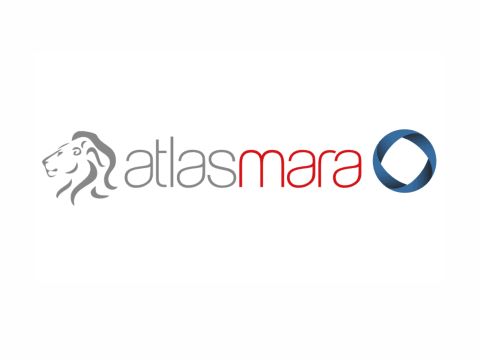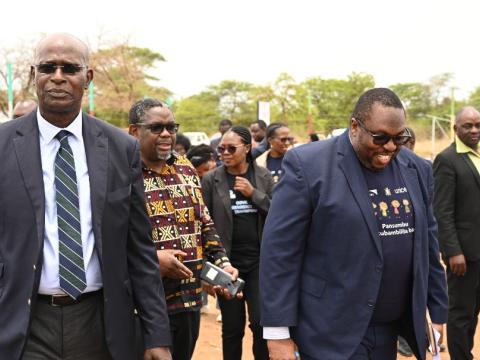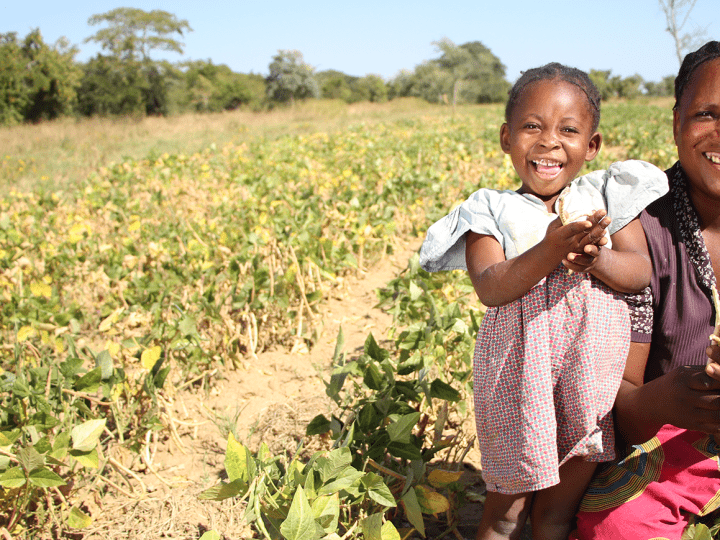
World Vision Grants and Projects
World Vision in Zambia is a valued and trusted partner of the government, foundations, multi-laterals, corporations, and other organisations striving to eradicate the root causes of poverty. Our strategic collaborations are designed to achieve shared humanitarian and development priorities.
Through working with children, families, communities, and partners, World Vision in Zambia will contribute to the sustained well-being of 1,500,000 children, especially the most vulnerable, from 2021 - 2025.

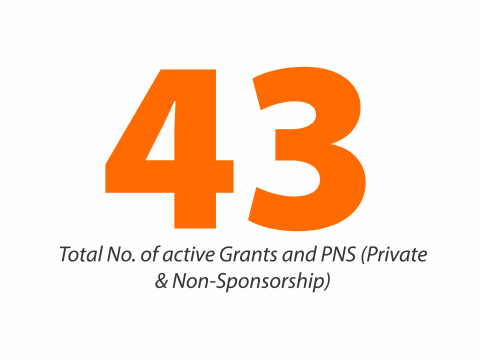
Active Grants and Private and Non-Sponsorhsip
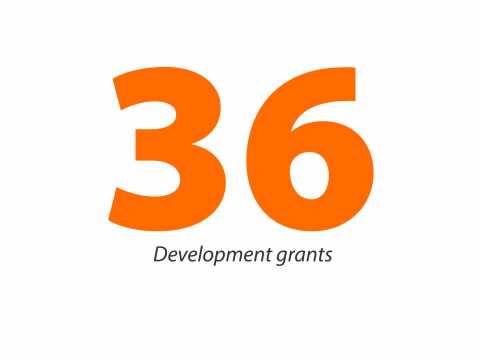
Development Grants
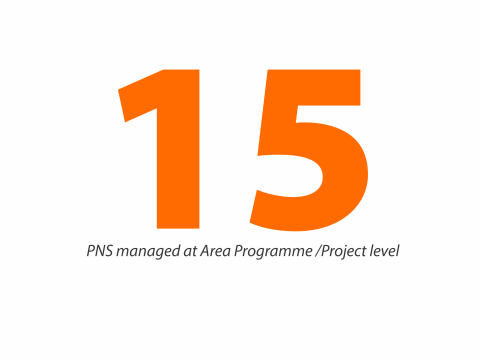
Projects managed at AP level
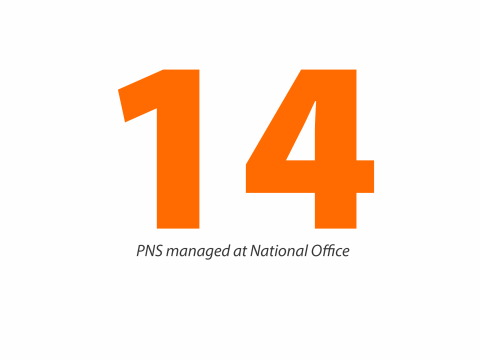
PNS managed at National Office
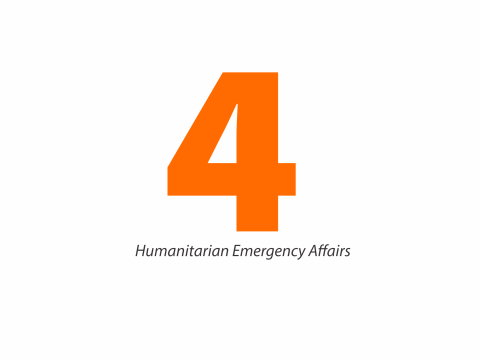
Humanitarian Emergency Affair

Locally Fundraised
Projects highlight
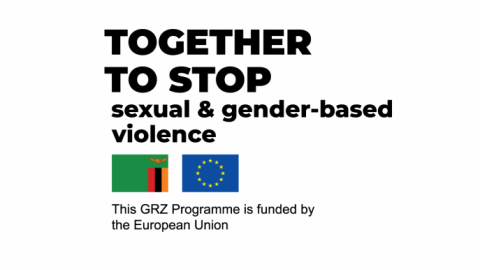
Prevent! Sexual and Gender-Based Violence Project
The Prevent! Sexual and Gender-Based Violence is a project under the Natwampane Programme. The Natwampane Programme is a Government-led four-and-a-half-year programme funded by the European Union and implemented in Luapula and Northern Provinces by BBC Media Action, Lifeline Childline, GIZ, Norwegian Church Aid and World Vision.
The overall objective of the Natwampane Programme is to reduce Sexual and Gender-Based Violence in Zambia, particularly in the Northern and Luapula provinces, to be achieved through two specific objectives: SO1) To prevent SGBV by challenging and changing beliefs, attitudes and practices; and SO2) To increase SGBV survivors’ access and use of comprehensive support services. Although the focus is on Luapula and Northern provinces, the Natwampane programme also has a national focus, supporting the division of Gender in policy and system building and strengthening coordination at both provincial and national levels.
World Vision Zambia leads implementation in Northern Province. It is a subgrantee to Norwegian Church Aid in Luapula Province (“From Trauma To Resilience (FTTR)” project), responsible for the response component of the project.
Malaria-Free Zambia
The Programs of Scale (PoS), a 3-year project with USD 2 million in funding each from the Bill and Melinda Gates Foundation, Rotary International and World Vision United States, aims at supporting the scaling up of Integrated Community Case Management (iCCM+) in 10 districts in Central and Muchinga Province, respectively of the Republic of Zambia.
The PoS Project’s primary outcomes are:
- Reduced cases of malaria, especially severe malaria and deaths, in PoS districts by 2024
- iCCM+ PoS sustained under Zambian Government management and financing
Survive to Thrive (S2T) Project
Survive to Thrive project's goal is to promote the survival of children under five years (CU5) in 15 districts of Zambia. To reduce morbidity and mortality for WCBA and CU5 in targeted Communities/Districts (through the provision of access to integrated primary health care)
Project Outcome 1: Households (HH) adopt Positive Health, Nutrition and WASH Behaviours
Project Outcome 2: Improved Access and Utilization of quality essential health care services for mothers, new-borns and U5s in Target communities.
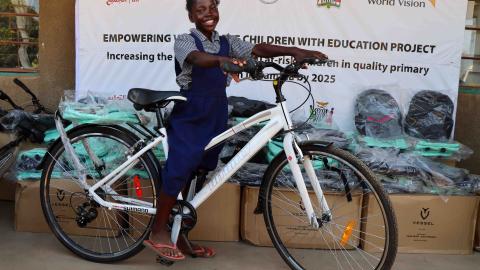
Empowering Vulnerable Children with Education Project
World Vision in Zambia (WVZ) and Forum for African Women Educationalists of Zambia (FAWEZA), and the Ministry of Education, will implement the Empowering Vulnerable Children with Education (EVE) Project in Namwala District in Southern Province. The project aims to increase the retention of 7,000 at-risk children (including 6,000 high-risk and 1,000 most at-risk learners) in quality primary education in Zambia by 2025.
This will be achieved through three outcomes:
- Outcome 1 - Increased parent and community support for the retention of high-risk and most at-risk boys and girls in school
- Outcome 2 - Enhanced capacity of teachers and SISCs to support high-risk and most at-risk learners:
- Outcome 3 - Improved support services and a safe and healthy school environment and learning for high-risk and most at-risk girls and boys.
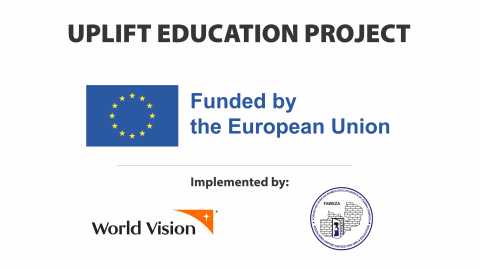
UPLIFT Education Project
The overall goal of the European Union in Zambia funded project 'Urban and Rural Programme for Learners’ Inclusion, Foundation, and Transformation through Education (UPLIFT - Education)' is to contribute to the empowerment of children and youths in Zambia through increased access to inclusive and quality education by 2023.
The project, co-implemented by World Vision Zambia and FAWEZA, builds on the government’s education programme, guided by the relevant national policies and strategies on education and international conventions on children’s rights, which will contribute to the achievement of SDG 4, “Quality Education”, which aims to ensure inclusive and equitable quality education and promote lifelong learning opportunities. The UPLIFT project is fully aligned with and complementary to the National Education Policy of 1996.
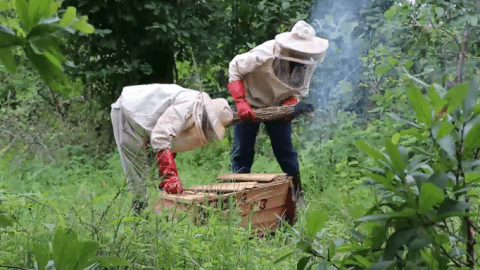
Sustainable Land Regeneration project
World Vision’s Zambia Sustainable Land Regeneration project aims to restore 75,000 hectares of degraded communal and individual farmland using Farmer Managed Natural Regeneration (FMNR) by 2027, benefiting 5,100 people in rural farming households and associated industries, and contributing to Zambia’s own commitment to multilateral environment agreements including UN Convention to Combat Desertification.
Rural Zambians depend on forests for their livelihood, overall at 20% of all household income nationally. However, charcoal and fuel wood production, as well as the clearance of forested land for agriculture, settlement expansion and mining, has resulted in an annual deforestation rate of approximately 276,000 hectares every year (FAO), increasing greenhouse gas emissions and impacting community development, especially for subsistence farmers who are most vulnerable to climate variations.
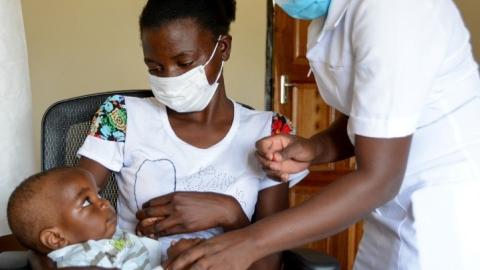
Scaling Up Nutrition Project
The SUN II programme is a 4-year initiative supporting MCDP II led by UNICEF in partnership with the National Food and Nutrition Commission, line ministries, other UN agencies, and non-governmental organizations. The programme is generously supported by the European Union, the Federal Republic of Germany through KFW Development Bank, the Swedish international development cooperation agency (Sida) and UK aid from the British people. SUN II provides a package of interventions in communities that adopt multiple approaches to delivering services to households in 17 districts of Zambia.
Photo Gallery
Natwanpane project monitoring by EU and UNHCR Delegates
European Union (EU) Delegation to Zambia and COMESA Head of Cooperation Arnaud Borchard; United Nations High Commissioner for Refugees (UNHCR) Country Representative, Perrine Aylara; World Vision's Southern Africa Regional Leader, Mark Kelly, and World Vision's Zambia National Director, John Hasse, participated in a joint mission in the Northern and Luapula provinces on 1st and 2nd February 2022.
The objective of the visit was to monitor progress in the quality of prevention of gender-based violence (GBV) in the visited communities, as well as the support provided at sexual and GBV (SGBV) one stop centres through the EU-funded Natwampane programme.
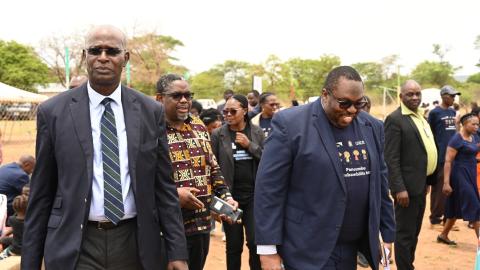
ECD Hubs (Insakas) funded by UNICEF Zambia
UNICEF Regional Director for Eastern and Southern Africa, Mohamed M. Malick Fall, (left) with World Vision in Zambia Integrated Programmes Director, Wezi Kaira (right) during the handed over of two Community-Based Integrated Early Childhood Development (ECD) Hubs, locally called Insakas, in Chongwe District. The ECD hubs will promote an integrated approach to child nurturing and development in Kasubanya and Chibombe communities.
At the hubs, health workers, teachers, and community-based volunteers all work hand in hand with community members to ensure that young children’s well-being is at the centre of community development. Households with young children and pregnant women near the hubs are further supported through monthly home visits by the volunteers.
UPLIFT project participation in the EU Fair
World Vision Zambia, and FAWEZA through the European Union Zambia funded project ‘Urban and Rural Programme for Learners’ Inclusion, Foundation, and Transformation through Education Action ‘UPLIFT’ participated in the European Union Fair held at Mulungushi Conference Centre in Lusaka in 2021.
All grants funded by the EU in Zambia to various organisations were exhibited during the event.
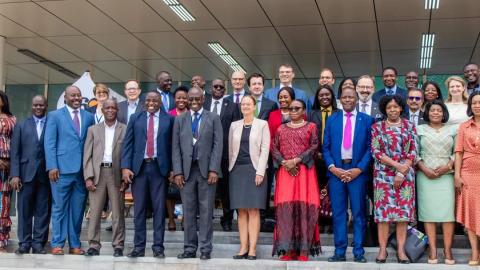
High-Level Nutrition meeting
The National Food and Nutrition Commission organised a High-Level Nutrition meeting attended by: government, cooperating partners, NGOs, media and UN agencies. This meeting acted as a means to demonstrate renewed commitment towards eliminating all forms of malnutrition which include the implementation of Scaling Up Nutrition, first 1,000 Most Critical Days Programme.
World Vision Zambia was flagged by the National Director John Hasse, who collaborated with other organizational leaders on matters of nutrition.
How Grants Transform Lives
Our Partners
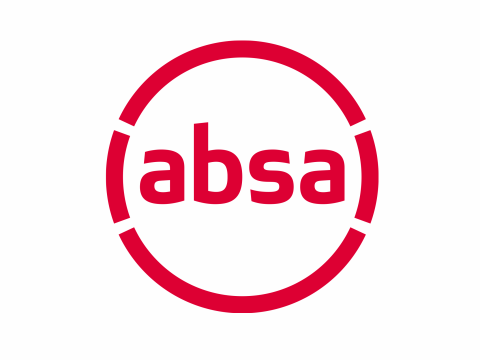
ABSA Bank Zambia
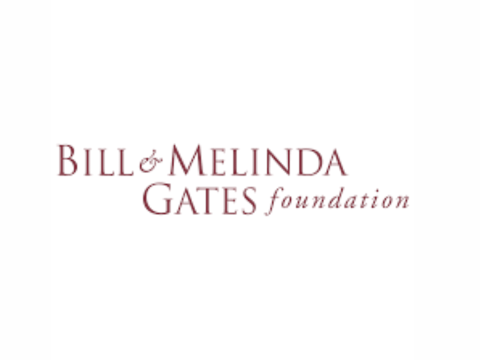
Bill and Melinda Gates Foundation
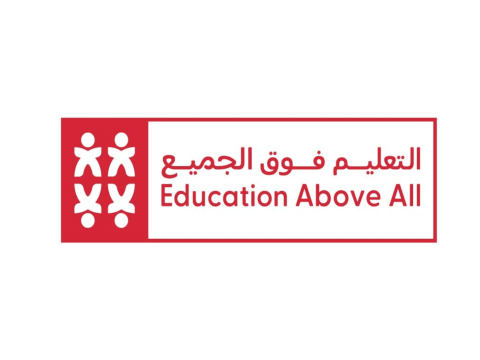
Education Above All
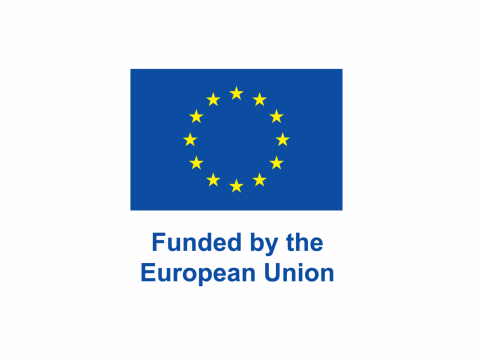
European Union
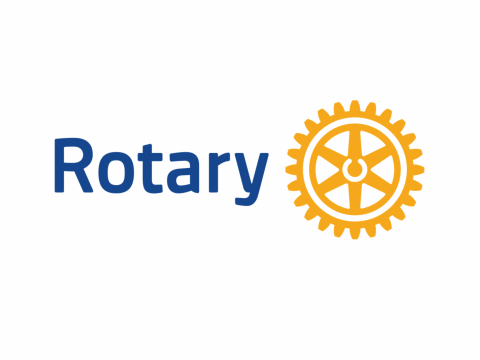
Rotary International
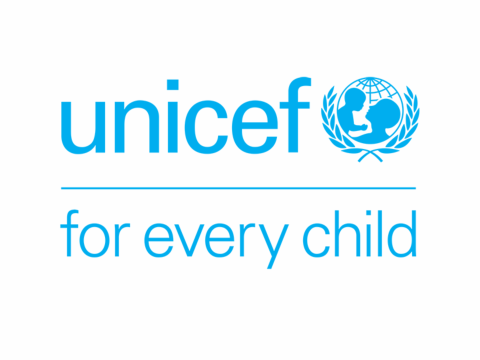
UNICEF
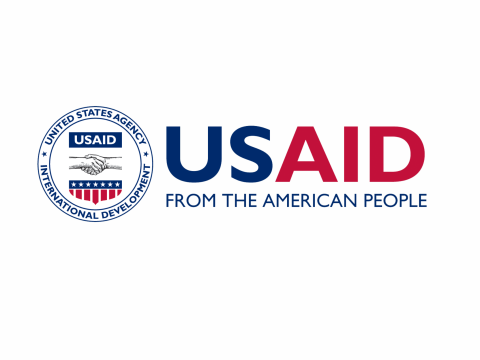
USAID
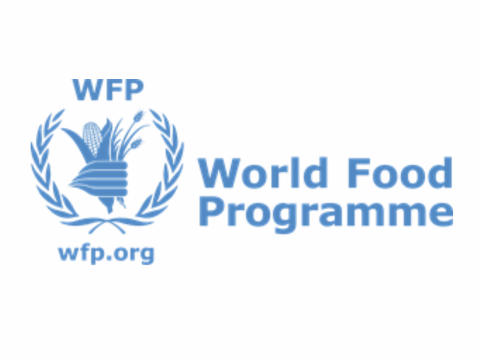
World Food Programme
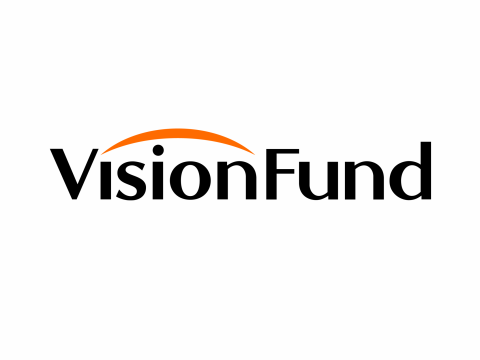
VisionFund Zambia
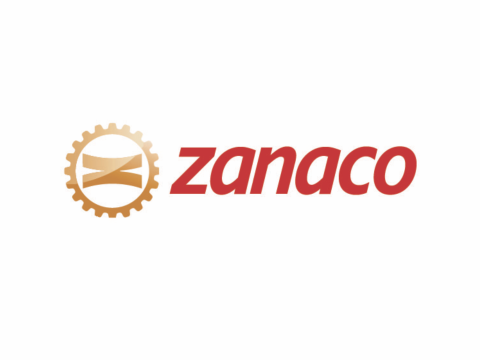
ZANACO
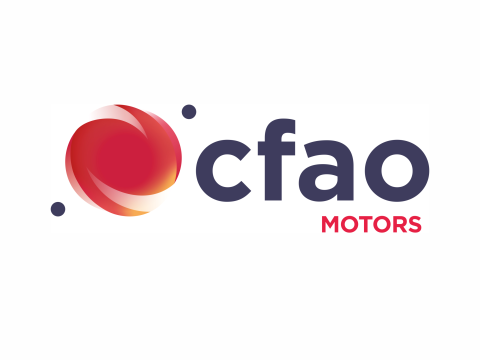
CFAO Motors Zambia
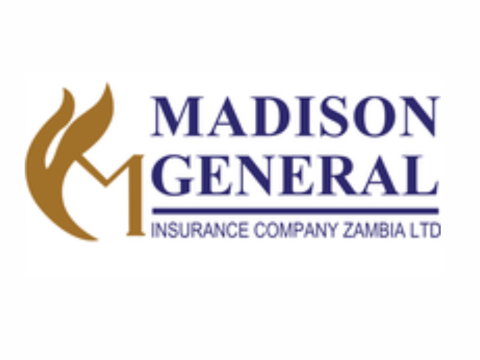
Madison General Insurance Company Limited Zambia
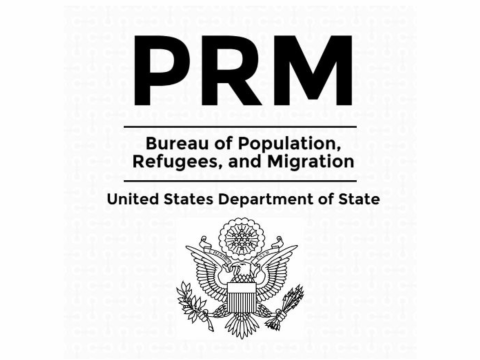
Bureau of Population, Rufugees and Migration
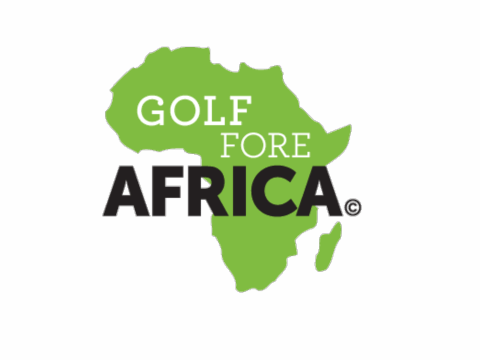
Golf Fore Africa
